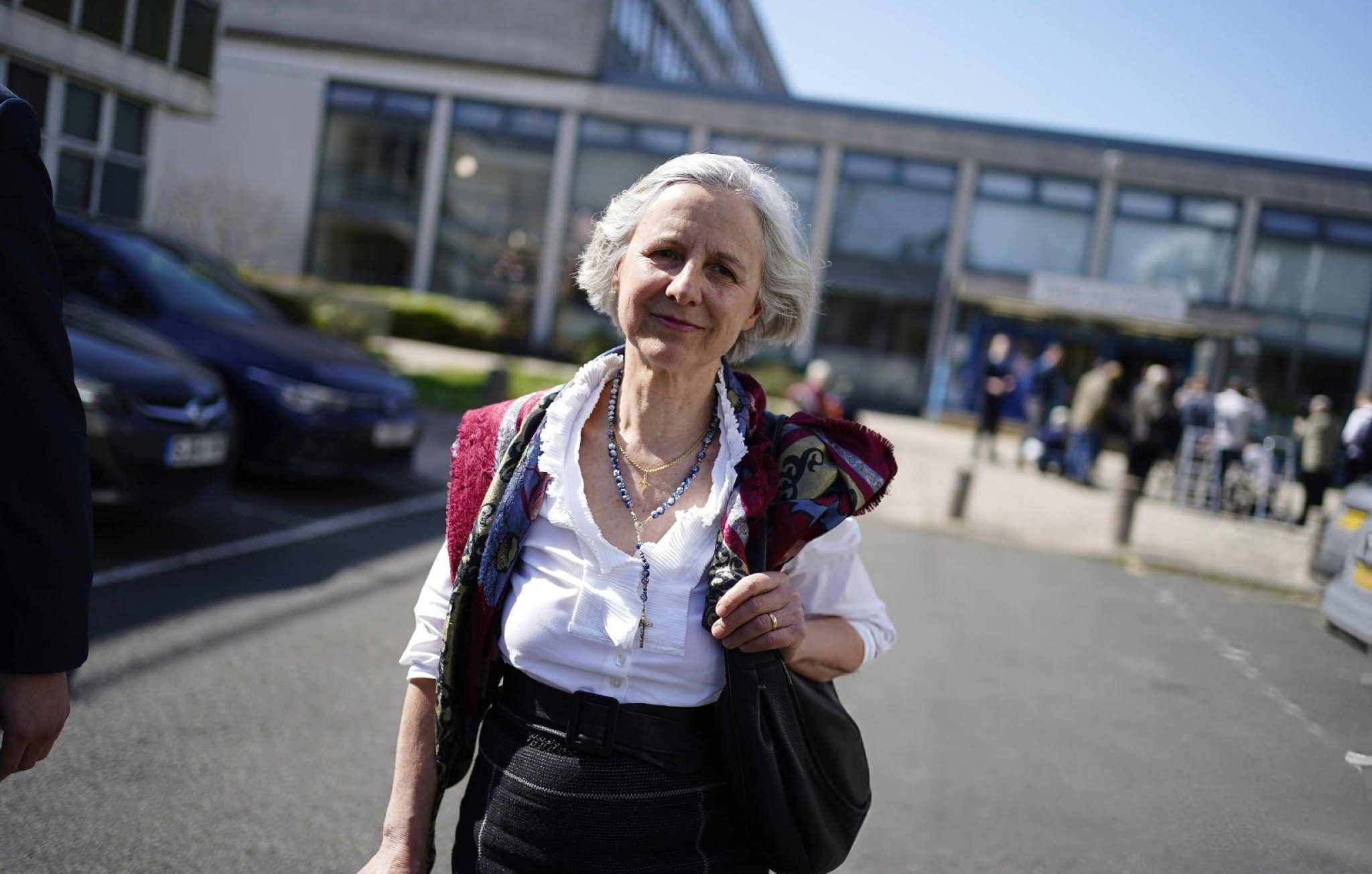The US Department of State has publicly expressed its disapproval following the conviction of anti-abortion activist Livia Tossici-Bolt at Poole Magistrates’ Court, saying that “freedom of expression must be protected for all”.
Tossici-Bolt, 64, a retired medical scientist from Bournemouth, was found guilty of breaching a Public Spaces Protection Order (PSPO) twice in March 2023 by entering a “buffer zone” outside a Bournemouth abortion clinic. She had held a sign stating “Here to talk, if you want” within the restricted area, contravening the terms of the council-imposed PSPO which prohibits protest activity within ten streets surrounding the clinic.
The court handed her a two-year conditional discharge and ordered her to pay £20,000 in court costs, alongside a £26 victim surcharge. District Judge Orla Austin, delivering the verdict, acknowledged Tossici-Bolt’s “deeply held beliefs”, but emphasised the need to balance those beliefs against the rights of patients and staff to access the clinic without distress.
“We are disappointed with the UK court’s conviction of Livia Tossici-Bolt for violating a designated ‘buffer zone’ at an abortion clinic,” read a statement posted by the Bureau of Democracy, Human Rights, & Labour (DRL), a division of the US Department of State, on X (formerly Twitter). “Freedom of expression must be protected for all.”
Following the ruling, Tossici-Bolt said, “This is a dark day for Great Britain. I was not protesting. I did not harass or obstruct anyone. All I did was offer a consensual conversation in a public place—something that I believed was my basic right.”
She continued: “Freedom of expression is in a state of crisis in the UK. If this precedent of censorship is allowed to stand, then no one’s right to speak freely is secure. The US State Department’s concern is justified. With the support of ADF International, I will now consider all legal options.”
Downing Street, however, supported the principles behind the buffer zone ruling. A spokesperson for Number 10 stated: “It’s vital that a woman who decides to use abortion services has the right to do so without being subject to harassment or distress. The right to protest does not extend to the right to harass others.”
When asked whether freedom of speech is under threat in the UK, the spokesperson responded: “We have a very proud tradition of free speech going back many centuries, and we remain proud of it today.”
Judge Austin clarified in her ruling that the buffer zone had been “reduced to a small area necessary to protect the rights of those using and/or visiting the clinic”. She added that Tossici-Bolt’s conviction for failing to leave the area when directed was not disproportionate, nor did it meet the threshold for a reasonable excuse.
BCP Council, which enacted the buffer zone in 2022, welcomed the ruling, stating it enabled patients and staff to access abortion services “without fear of intimidation”.
The British Pregnancy Advisory Service (Bpas) echoed this sentiment, saying: “This case was never about global politics. It was about ensuring women can access legal healthcare without facing harassment.”
However, Lorcan Price, legal counsel for ADF International—who supported Tossici-Bolt’s case—argued that buffer zones “are incompatible with a free society”. His colleague, Jeremiah Igunnubole, added, “There has been a redefinition of words. A peaceful and quiet offer of conversation is not harassment by any reasonable standard.”
Tossici-Bolt’s case, now drawing international attention, is expected to reignite ongoing debates around the boundaries of lawful protest, free speech, and the rights of individuals to access healthcare in the UK.







